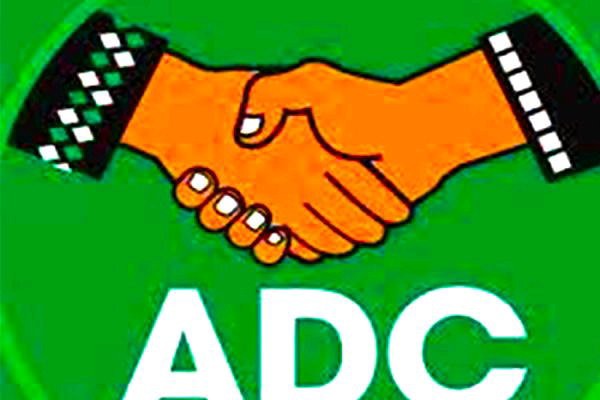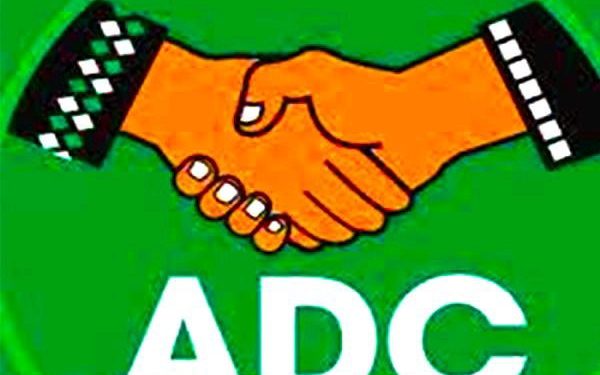Abuja, Nigeria – July 29, 2025
While the 2027 general elections in Nigeria may seem a distant horizon, the political landscape is already abuzz with early maneuvering, strategic discussions, and the formation of new alliances.
The dust from the 2023 elections has barely settled, yet key political actors are already positioning themselves, signaling that the race for the nation’s highest office and other elective positions has officially begun.

One of the most significant developments is the palpable sense of realignment within the opposition. Reports indicate high-level talks and collaborations between prominent opposition figures, including former Vice President Atiku Abubakar and the Labour Party’s Peter Obi.
This emerging coalition, with the African Democratic Congress (ADC) reportedly serving as a new platform, aims to present a formidable challenge to the ruling All Progressives Congress (APC).
This early convergence of opposition forces suggests a concerted effort to learn from past electoral outcomes, where a fragmented opposition arguably worked to the advantage of the incumbent.
ALSO READ: https://nationscuriosity.com/nigerias-political-landscape-recent-appoint/
The focus appears to be on creating a united front capable of offering a viable alternative to the current administration. However, questions remain about the long-term cohesion and ability of such a broad alliance to select consensus candidates and navigate the intricate electoral process.
On the side of the ruling APC, President Bola Tinubu has already received endorsements for a second term, with internal discussions and strategies likely underway to consolidate support and maintain the party’s dominance. While the APC benefits from incumbency, it also faces its own internal dynamics and the challenge of managing diverse interests as more politicians seek to align with the ruling party in anticipation of the upcoming polls.
Beyond the major parties, there are whispers and speculations about other potential candidates and emerging political forces. The coming months are expected to see more defections, cross-carpeting, and pronouncements of political ambitions as individuals and groups seek advantageous positions.
Beyond party politics, the anticipation for 2027 is also shaped by the expectations of ordinary Nigerians. There’s a growing call for increased voter turnout, particularly among the youth, and a strong desire for improved administration and transparency in future elections. Many citizens express hope that the lessons learned from the 2023 elections, particularly regarding electoral reforms and the role of technology like BIVAS and IRF, will lead to a more credible and seamless process.
The early political maneuvering and discussions serve as a clear indication that the path to 2027 will be dynamic and intensely contested. As various political entities strategize, realign, and jockey for influence, the stage is being set for what promises to be a pivotal electoral cycle for Nigeria’s democratic future.


